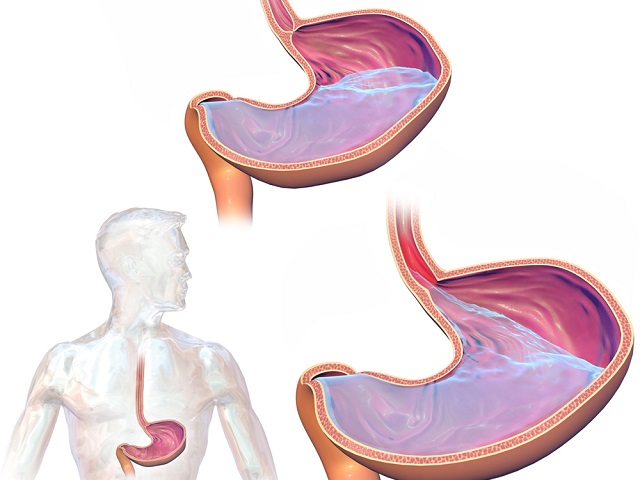7 Signs You May Have Asthma -- Symptoms, Causes, Effects, Treatment and Prevention
Asthma is a chronic respiratory condition characterized by inflammation and narrowing of the airways, leading to recurrent episodes of coughing, wheezing, shortness of breath, and chest tightness. It is a common condition that affects people of all ages, but often begins in childhood.
Symptoms of Asthma
- Coughing, especially at night or early in the morning
- Wheezing, which is a whistling sound when breathing out
- Shortness of breath or difficulty breathing
- Chest tightness or pain
- Rapid breathing
- Fatigue or exhaustion during physical activity
- Trouble sleeping due to coughing or wheezing
Causes of Asthma
Asthma can have various causes and triggers. Some of the common factors include:
- Genetic factors and family history of asthma or allergies
- Environmental triggers such as pollen, dust mites, pet dander, mold, and air pollution
- Respiratory infections, especially during early childhood
- Occupational exposure to certain substances or chemicals
- Allergies to specific triggers like pollen, mold, or certain foods
- Smoking or exposure to secondhand smoke
- Physical exertion or exercise-induced asthma
Effects of Asthma
Asthma can have several effects on individuals, including:
- Recurrent episodes of breathing difficulties and respiratory symptoms
- Reduced quality of life due to limitations in physical activity
- Frequent visits to healthcare providers and emergency rooms
- Missed school or work days
- Sleep disturbances and fatigue
- Emotional and psychological impact, such as anxiety and stress
Treatment of Asthma
The treatment of asthma aims to control symptoms, reduce inflammation, and prevent asthma attacks. Common treatment options include:
- Short-acting bronchodilators (rescue inhalers) to provide immediate relief during asthma attacks
- Long-acting bronchodilators to control symptoms and prevent asthma episodes
- Inhaled corticosteroids to reduce airway inflammation and prevent asthma attacks
- Allergy medications to manage allergic triggers
- Immunotherapy (allergy shots) for severe allergies
- Oral medications for more severe cases or when other treatments are not sufficient
- Asthma action plans and self-management techniques
Prevention of Asthma
Preventive measures play an essential role in managing asthma. Here are some preventive strategies:
- Avoidance of known triggers and allergens
- Use of air filters and maintaining a clean indoor environment
- Regular exercise and physical activity to improve lung function
- Vaccinations, including annual influenza vaccines
- Proper management of other co-existing conditions, such as allergies and sinus problems
- Smoking cessation and avoidance of secondhand smoke
- Regular follow-up with healthcare providers for asthma management and monitoring
Please note that the above information is a general overview of asthma and should not replace professional medical advice. It is important to consult with healthcare professionals for a personalized evaluation and treatment plan.
References:
Asthma - Symptoms and causes. Mayo Clinic. Retrieved from https://www.mayoclinic.org/diseases-conditions/asthma/symptoms-causes/syc-20369653


















